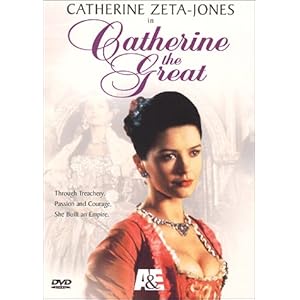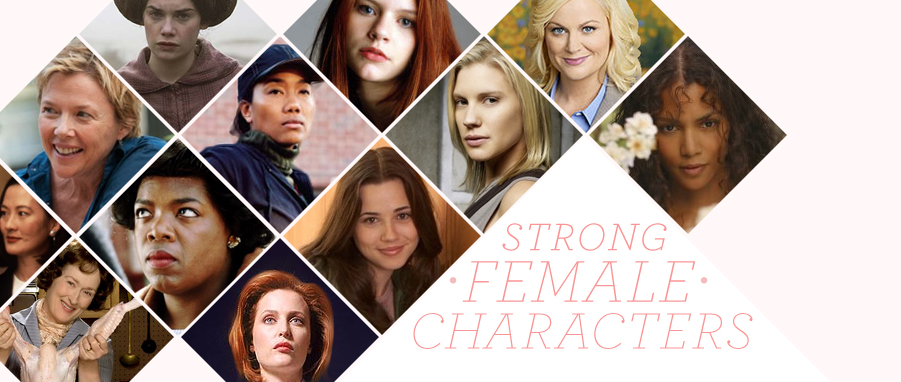 Are absolute rule and enlightened republicanism compatible? Can you extol the Declaration of the Rights of Man while also oppressing minority groups? Do progress and violence coexist? Does progress exist?
Are absolute rule and enlightened republicanism compatible? Can you extol the Declaration of the Rights of Man while also oppressing minority groups? Do progress and violence coexist? Does progress exist?
Sorry to get a little politico-philosophically heavy-handed. (Sorry also for making up the word “politico-philosophically.”) These were just questions drifting through my idle mind as I pondered the legacy of today’s YHWOTD, Catherine the Great. Specifically, her legacy as an “enlightened despot.” Oxymoron much? Not so much, no. Or maybe it is. I leave that for you to decide.
Let’s rewind. Catherine was born with the title Princess Sophia in Prussia, in what is now a part of Poland, in 1729. As was the custom of people in her social class, she was engaged to her cousin when she was about ten. She hated him right away. His name was Peter, and he was Peter the Great’s grandson and heir to the Russian throne.
Following the engagement, young Sophia relocated, converted to Russian Orthodoxy, and changed her name to Catherine II. Which, by the way, has always struck me as an incredibly strange convention, getting abruptly, somewhat nonsensically renamed once you plan to take some kind of ruling gig. Like “oh, your name is Albert? Well, we’ve had a lot of kings named George. So why don’t we keep that going. What are we up to now? Six? Okay, George VI. Off you go.”
Catherine was married to sickly alcoholic and Prussia-lover Peter for about seventeen years; despite a troubled relationship and her numerous infidelities, they stuck it out for a time. But power corrupts (or so my high school English teachers told me). When Empress Elizabeth died in 1762, Peter took the throne, really sucked at it, and then was overthrown in a bloodless coup by his not-so-devoted wife. Then he got strangled.
Catherine’s turn.
Fortunately for Catherine, people liked her a lot better than Peter. She immediately set about modernizing and strengthening the Russian state. She continued Peter the Great’s turns towards westernization, though she also reached out diplomatically to Japan and tried to take some of Alaska—indirectly paving the way for Sarah Palin’s political career. She saw Russia through several war victories, against the Ottomans, the Poles, and her own cousin the king of Sweden. (The European ruling classes were pretty incestuous, in both the literal and figurative senses.)

On top of her political acumen, Catherine was also something of a writer. She penned multiple fictions and comedies and was a regular correspondent of European luminaries like Voltaire and Diderot. In fact, she and Voltaire were kind of long-distance besties. They never met in person, but they wrote thousands of letters to each other over the course of their lives.
This was part and parcel to Catherine’s long-standing interest in Enlightenment thought. Along with Joseph II of Austria and Frederick II of Prussia (also fellow members in the “II” club), Catherine was considered an “enlightened despot,” an absolute-style ruler who had Enlightenment ideas. You know, peace, love and happiness life, liberty and natural rights to property.
In some ways this may seem paradoxical, but one has to remember that democracy as we know it didn’t exactly exist yet. At the time, there was a completely viable trajectory that saw progress and individual liberty being best achieved under the iron-fisted rule of a despotic absolutist. No contradiction there! Said a lot of people in the eighteenth century.
Catherine’s legacy is not without blemishes. Most often, she’s criticized for her policies towards the Russian serfs—it’s said her rule saw a high (or low) point for serfdom in the Empire. For example, under her rule serfs (read: one step below "peasants") could be banished to Siberia by their lords the nobles. Or, alternative form of punishment, they could also be mercilessly beaten. So. . . even though you might have bought the compatibility of Catherine’s Enlightenment ideas and her despotism, you might still have some trouble with that whole “oppressing the serfs” part.
Still, Catherine was able to see Russia through what many considered its Golden Age, ruling for thirty-four years (that’s almost thirty-four years longer than her husband) and expanding the imperial frontiers. Call her enlightened, call her despotic, or call her the bane of the serfs—she certainly was powerful.
























